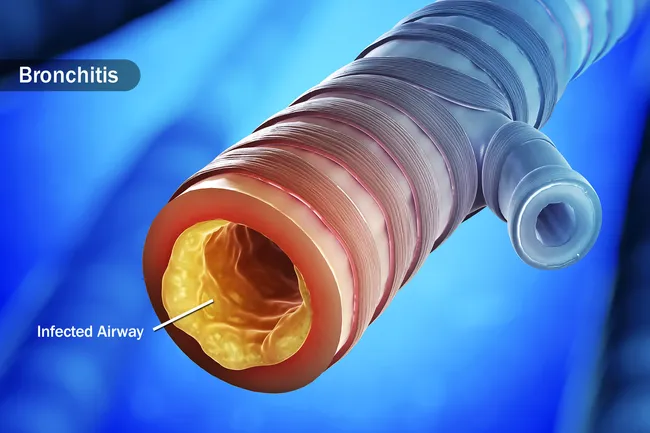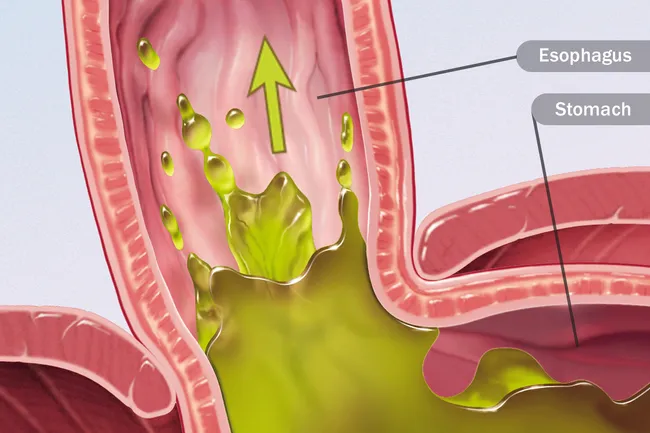
Η «φωνή» είναι ο ήχος, ο οποίος δημιουργείται από τις δονήσεις των φωνητικών χορδών, που προκαλεί ο αέρας που περνά στο λάρυγγα και κάνει τις χορδές να έρχονται πιο κοντά η μία με την άλλη.
Η φωνή είναι ένα εξαιρετικά πολύτιμο «μέσο», που αν και οι περισσότεροι τη θεωρούμε δεδομένη, δεν θα έπρεπε. Χρειάζεται και αυτή, όπως και κάθε άλλο όργανο του ανθρώπινου σώματος, κατάλληλη φροντίδα και προσοχή.
Πώς μπορούμε να γνωρίζουμε αν έχουμε πρόβλημα στη φωνή μας;
Τα προβλήματα της φωνής συμβαίνουν με μια αλλαγή στον ήχο της, που συχνά περιγράφεται ως βραχνάδα, τραχύτητα ή αλλοιωμένη ποιότητα. Οι άνθρωποι με προβλήματα φωνής συχνά παραπονούνται για αλλαγές, απώλεια φωνής, απώλεια αντοχής και μερικές φορές με απότομο πόνο.
Οι αλλαγές στη φωνή ακολουθούν μερικές φορές κάποια λοίμωξη του ανώτερου αναπνευστικού συστήματος που διαρκεί μέχρι και δύο εβδομάδες. Συνήθως η λοίμωξη του ανώτερου αναπνευστικού συστήματος ή ένα κοινό κρύωμα, προκαλεί πρήξιμο των φωνητικών χορδών και αλλαγές στους κραδασμούς τους, με αποτέλεσμα την αλλοίωση της φωνής.
Η μειωμένη χρήση της συνήθως βελτιώνει τη φωνή μετά από μια λοίμωξη του ανώτερου αναπνευστικού, το κρύωμα ή τη βρογχίτιδα. Αν ωστόσο, η φωνή δεν επιστρέψει στα συνήθη χαρακτηριστικά και τις δυνατότητές της μέσα σε δύο έως τέσσερις εβδομάδες, τότε ενδεχομένως να χρειάζεστε μία επιπλέον ιατρική αξιολόγηση από ωτορινολαρυγγολόγο.
Στην περίπτωση των καπνιστών μάλιστα, μία μεταβολή στη φωνή είναι ένα από τα πρώτα και πιο σημαντικά συμπτώματα του καρκίνου του λάρυγγα και μία έγκαιρη ιατρική εξέταση, μπορεί να αυξήσει την αποτελεσματικότητα κάποιας πιθανής θεραπείας.
ΑΙΤΙΑ ΑΛΛΟΙΩΣΗΣ ΚΑΙ ΑΠΩΛΕΙΑΣ ΦΩΝΗΣ
Οξεία λαρυγγίτιδα
Χρόνια λαρυγγίτιδα
Κατάχρηση φωνής
Καλοήθεις φωνητικές βλάβες
Αιμορραγία των φωνητικών χορδών
Παράλυση των φωνητικών χορδών
Καρκίνος του λάρυγγα
Αμυγδαλίτιδα
Γαστροοισοφαγική Παλινδρόμηση
Εποχιακές Αλλεργίες
Respiratory Illness
The most common culprit for that rasp in your voice? An infection in your airways. A cold, the flu, bronchitis, or another upper respiratory infection can make your vocal cords swell temporarily -- also known as laryngitis.

Seasonal Allergies
Just like viruses, outdoor allergies to certain trees and plants in bloom can cause laryngitis. The irritation and drainage that hit your airways might also make you clear your throat more often and inflame your vocal cords.

Tonsillitis
A virus on your tonsils (the oval-shaped tissue pads at the back of your throat) causes tonsillitis -- and can lead to a scratchy, muffled voice. You’ll likely have other symptoms like a fever, swollen tonsils that look white, yellow, or red, and a sore throat that makes it hard to swallow.

Voice Stress
When you misuse your voice, it can do temporary damage your vocal cords. It could happen if you talk loudly for a long time, shout, belt out a song at the top of your lungs, or talk in a really high or really low voice. It should get better with time, rest, and lots of water.

Rheumatoid Arthritis (RA)
Sometimes the inflammation caused by this condition can affect a small joint in your neck near your vocal cords called the cricoarytenoid joint. If you have RA, ask your doctor about your hoarse voice, especially if you feel like there's something stuck in your throat. It could cause trouble breathing later on.

Thyroid Problems
The thyroid gland sits in your neck just in front of the nerves that control your vocal cords. Problems with it that can lead to long-lasting hoarseness include: hyperthyroidism (it makes too much thyroid hormone, and your body burns energy too fast), hypothyroidism (it makes too little, and your system gets too slow), or even thyroid cancer.

Nerve Conditions
Diseases like multiple sclerosis, Parkinson’s disease, or myasthenia gravis can cause a hoarse, raspy voice because of their effect on your vocal cord nerves. It’s unlikely that voice problems would be the first and only symptom you’d have. Usually, they’re just one of many other signs of these diseases.

Yeast Infection
Do you get chronic laryngitis? It’s rare, but sometimes a fungus -- like those that cause yeast infections -- could be to blame. If you use an asthma inhaler, you might be more likely to have yeast in your vocal cords.

Precancerous cells
Abnormal cells growing on your larynx or voice box, the hollow organ that holds your vocal cords -- can press on your vocal cords and keep them from working the way they should. Your larynx is lined with squamous cells, so cancerous cells go on to be squamous cell carcinomas. If you find cancer of the larynx early, it’s easy to treat.

Noncancerous Bumps and Lumps
Growths like polyps, cysts, or nodules aren’t cancerous, but they can push on vocal cords in the same way precancerous growths do. Professional singers are at high risk of getting them. They result from the constant friction of your vocal cords rubbing together, much like a blister forms on your heel when your shoe is too tight. Typically, it takes rest, therapy, or surgery to treat them.

Acid Reflux
Gastroesophageal reflux disease (GERD), makes stomach acid rise up into your throat or even onto your vocal cords. Over time, this laryngopharyngeal reflux (LPR) irritates your throat tissues. Usually your hoarseness will be worse in the morning, if GERD is the cause. You may not have any heartburn at all when you have LPR.

Smoking
Breathing in smoke, either by smoking yourself or by taking it in secondhand, can cause permanent changes your vocal cords over time. When they swell, the pitch of your voice could get deeper. Smoking also raises your risk of throat cancer.

Medications
Corticosteroids, the medication inside an asthma inhaler, can sometimes cause dysphonia -- otherwise known as difficulty speaking. Other meds that can mess with your voice quality include antihistamines; diuretics; anticholinergics used to treat bladder problems, Parkinson’s disease, or depression; and blood clot medications.
SOURCE :WebMD

Δεν υπάρχουν σχόλια:
Δημοσίευση σχολίου